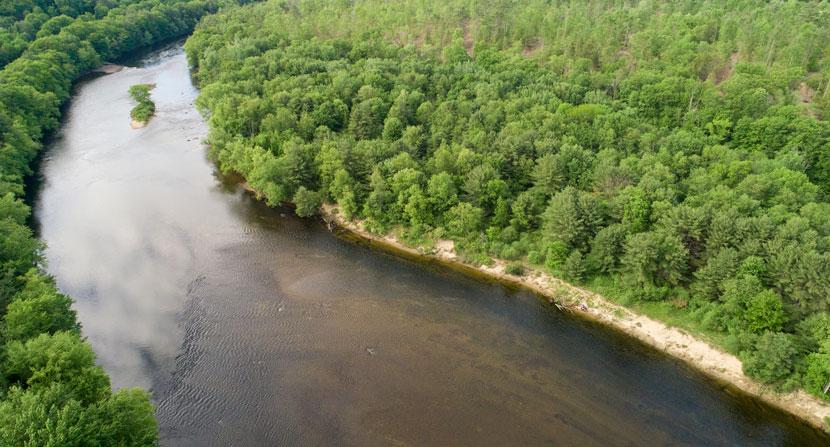- Tags:
- LCHIP

Stillhouse Forest in Canterbury was among the recipients of NH Land and Community Heritage Investment Program grants in 2018. Photo by Jerry Monkman/Ecophotography.
Senate Bill 74 aims to increase the amount of grants the New Hampshire Land and Community Heritage Investment Program (LCHIP) can award to projects that conserve and preserve our most important natural, cultural and historic resources. The source of these grant funds is a $25 fee charged on four types of documents that are recorded at the County Registry Offices. In the current state budget, the fee supported approximately $3.5 million in grants.
The Forest Society supports this legislation. We encourage all those who believe in the principle that the protection of New Hampshire’s unique natural assets is essential to safeguarding the state’s economy and character, to lend their support as well.
We expect the New Hampshire Senate Committee on Energy and Natural Resources will hold a hearing on the bill later this month.
These are the important points to make with members of the Committee:
- A 2014 report by the Joint Legislative Study Committee reviewed the status of land conservation and determined that for every $1 invested in land conservation by the state, $11 in natural goods and services are returned to the state’s economy. Conserved lands also support outdoor recreation, tourism, and forest and agriculture industries, as well as thousands of jobs.
- Since the program’s inception, the $43 million in funding through LCHIP has leveraged $299 million in funds from other sources. A ratio like that highlights the broad community level support for LCHIP-supported projects.
- Over the last 10 years, 177 out of the 505 total applications received were not funded. That figure indicates the demand and need for LCHIP continues, even 18 years after the Legislature established the program.
- Most importantly, this interest in LCHIP shows how much the people of our state value our natural and historic resources and are committed to the protection of those resources.
To contact Committee members, go here.
